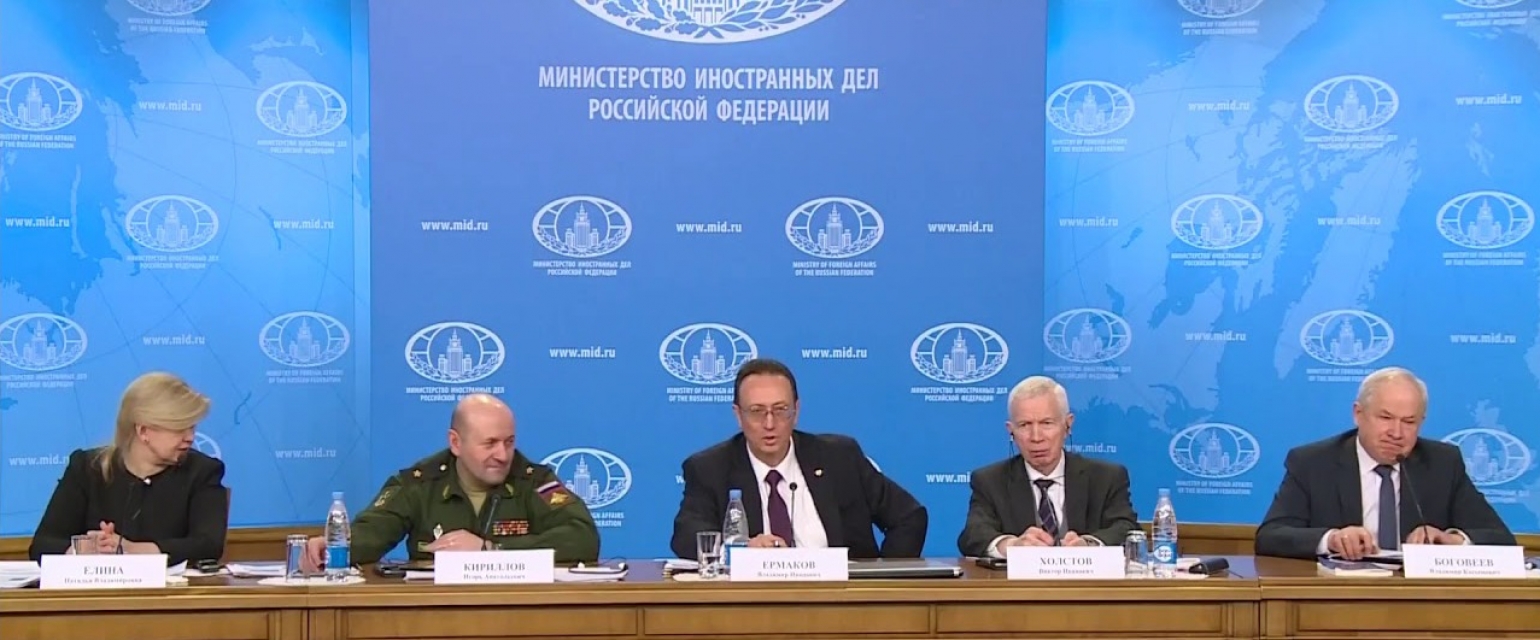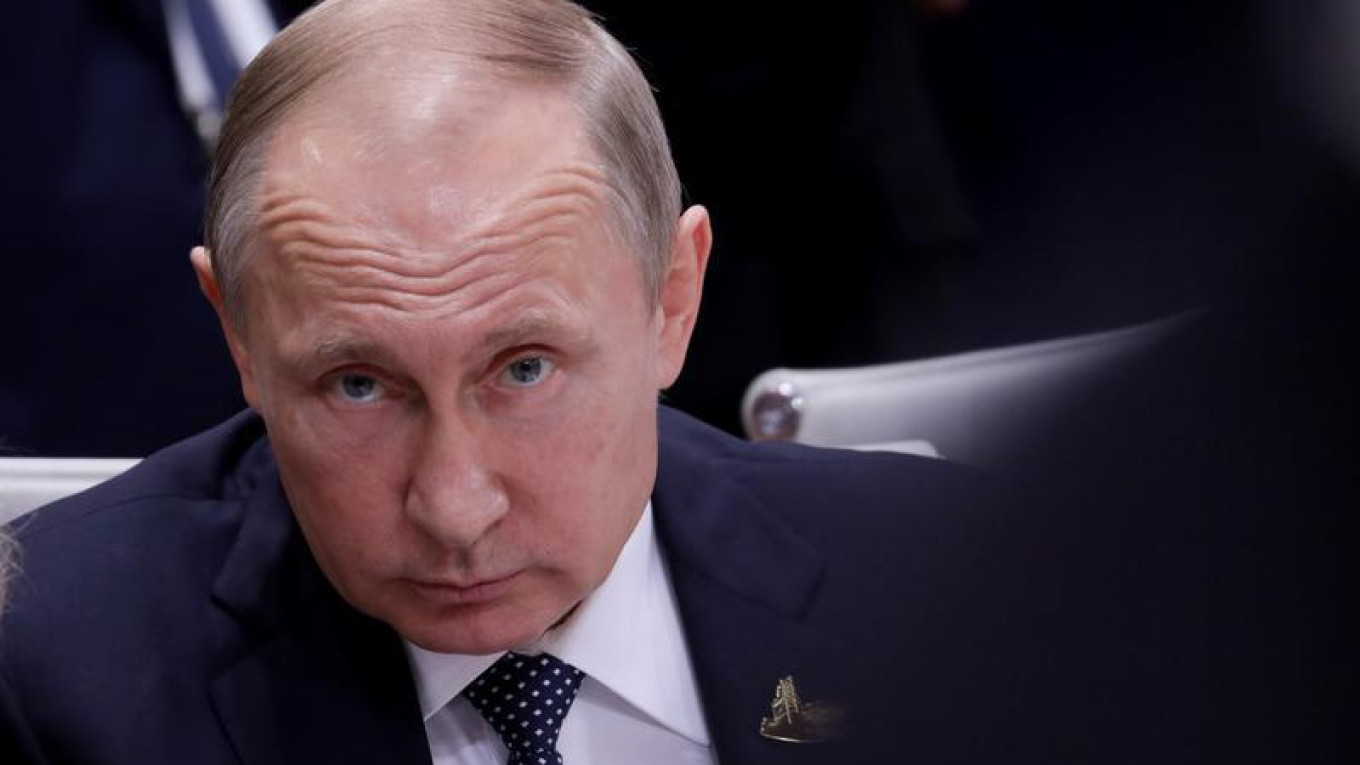Putin'S Foreign Policy: An In-Depth Guide

Understanding Putin's foreign policy is essential for grasping the current state of international relations. Russia's actions on the global stage are driven by a unique blend of historical context, national security interests, and strategic goals. This guide explores the intricacies of Putin's foreign policy, its evolution, and its significant impact on global politics.

Introduction to Putin's Foreign Policy
Putin's foreign policy reflects Russia's quest for power and influence. To comprehend its implications, we must analyze its historical roots, goals, and strategies. This guide will break down these elements, offering insight into the geopolitical strategy of Russia under Putin.
Historical Context of Russia's Foreign Relations
Russia's foreign policy has undergone significant changes over the decades. After the Cold War, the nation faced a new world order. The collapse of the Soviet Union in 1991 left Russia grappling with its identity and security. The early years of the 2000s saw Putin rising to power, aiming to restore Russia's status as a global player. Understanding this historical context helps clarify the motivations behind Putin's actions.
For instance, NATO's expansion into Eastern Europe after the Cold War worried Russian leaders. They viewed this as a threat to their national security. This historical backdrop shaped Putin's desire to reassert Russia's influence and counter Western encroachments.

Key Goals of Russia's Foreign Policy
Putin's foreign policy is driven by several key goals. First, national security remains paramount. Russia seeks to protect its borders and influence in neighboring regions. Second, economic interests play a vital role. Russia aims to leverage its vast energy resources to strengthen its position in global markets.
Moreover, military expansion is a critical objective. By enhancing its military capabilities, Russia aims to project power and deter potential adversaries. These goals are interconnected, forming a comprehensive strategy that defines Putin's approach to international relations.
Strategies Employed by Putin
To achieve its foreign policy goals, Russia employs various strategies. One significant tactic is energy diplomacy. Russia is one of the world's largest energy producers, and it uses this resource to exert influence over Europe and other regions. By controlling energy supplies, Russia can leverage economic dependencies to its advantage.

Military alliances also play a crucial role in Putin's strategy. Russia has strengthened ties with countries like China and Iran, forming partnerships that challenge Western dominance. These alliances help Russia counterbalance NATO's influence and solidify its geopolitical standing.
Impact on Global Politics
Putin's foreign policy has profound implications for global politics. One notable example is Russia's annexation of Crimea in 2014. This event strained relations with NATO and the EU, leading to sanctions and a reevaluation of security strategies in Europe. The annexation highlighted Russia's willingness to use military force to achieve its aims.
Additionally, Russia's military involvement in Syria showcases its influence in the Middle East. By supporting the Assad regime, Russia has positioned itself as a key player in regional geopolitics. This intervention also reflects Putin's desire to challenge U.S. supremacy in the area.
Case Studies of Russia's Foreign Policy
-
Crimea and NATO Relations: The annexation of Crimea marked a turning point in East-West relations. NATO's response, characterized by increased military presence in Eastern Europe, illustrates the tensions stemming from Putin's aggressive actions.
-
Energy Diplomacy with Europe: Russia's control over natural gas supplies has given it leverage in negotiations with European nations. Events such as the Nord Stream pipeline project demonstrate how energy resources play into the geopolitical strategy of Russia.
-
Military Involvement in Syria: Russia's support for the Assad regime has significantly impacted the Syrian conflict. It not only solidified Russia's role in the Middle East but also allowed it to counter U.S. influence in the region.
-
Belt and Road Initiative and China Relations: The Belt and Road Initiative has created opportunities for closer ties between Russia and China. As both countries seek to navigate a multipolar world, their partnership has implications for global trade and security dynamics.
Conclusion
Putin's foreign policy is a complex amalgamation of historical factors, strategic goals, and multifaceted approaches. By examining key elements such as national security, economic interests, and military strategies, we gain insights into Russia's role in international relations. Understanding these dynamics is crucial for anyone interested in the evolving landscape of global politics.
As we move forward, the implications of Putin's foreign policy will continue to shape the world stage. For those interested in exploring more about Russia's geopolitical strategies, consider delving into related articles like Analysis of NATO's Response to Russia, The Role of Energy in Geopolitics, and Understanding Russia's Military Strategy.